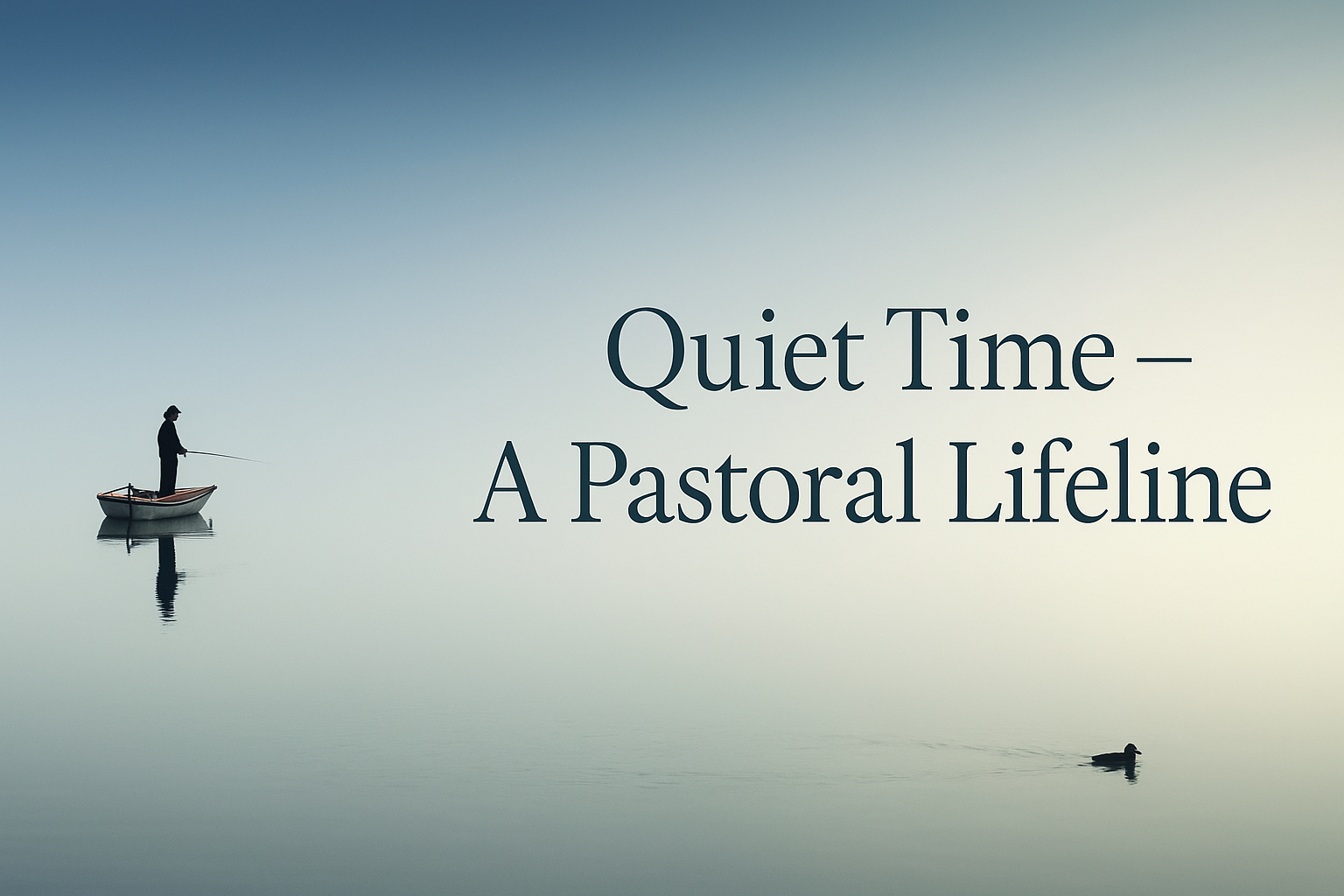Most of the people in our congregations are stepping into 2022 hoping it will be better than 2021. Many have already identified specific changes they want to make in their lives. They want to get healthier, heal their marriage, or get serious about their spiritual growth.
But despite their best intentions, many of those changes will fizzle out.
That’s where goals come in. It’s critical that you have a vision for what God wants to do in your life. You have to see the goal before you can reach the goal. But once you’ve seen it, you must believe you can achieve it. That’s where your faith in God comes in.
A few years back, I asked a world-famous psychologist, “In all of your work over the years, what has been the most helpful thing you’ve given to people that has made a difference in their lives as they were seeking change?”
His answer was surprising.
“There’s no question about it,” he said. “I’ve discovered the most helpful thing I can do for people in a personal or relational problem is to help them set personal goals.”
While I believe personal goals are incredibly important in helping us make significant changes in our lives, the goals you find in self-help books or at goal-setting seminars aren’t what I’m talking about.
I’m interested in the spiritual dimensions of your goals. The goals you set in faith are the goals that God will use to change your life.
Why are faith-filled goals important?
Goal setting is a spiritual discipline.
Just like prayer and Bible study help us grow spiritually, setting goals in faith is a discipline that helps us become more like Christ.
Even God sets goals. He has a plan and is moving history toward a goal. Paul wrote, “[God] planned to bring all of history to its goal in Christ. Then Christ would be the head of everything in heaven and on earth” (Ephesians 1:10 GW).
God is a goal-setter. When we set goals in faith, we grow more like Jesus.
Goals focus our energy.
Diffused energy doesn’t have much impact, but focused energy has enormous power. Paul described this idea in 1 Corinthians 9:26, “So I run—but not without a clear goal ahead of me. So I box—but not as if I were just shadow boxing” (GW).
Paul wasn’t just running in circles. He had a purpose and was moving toward it.
Goals help you focus on the things that are worth doing. We don’t have time for everything. The good news is, God doesn’t expect us to do everything.
Too often we waste our time on second-class causes. Most of what we see going on in our culture today won’t matter next week. As leaders, we need to help people see the difference between what the world says is important and what God says is important. The truth is, what the world says is almost never important.
The Bible tells us to “Make the most of your opportunities because these are evil days” (Ephesians 5:16 GW).
Pastor, are you modeling this practice for your congregation? You can do this when you set biblical, purpose-driven goals for you and your church.
Goals stretch our faith.
Goals are statements of faith that affirm your trust in God. When you set a goal that you plan to accomplish by a certain date, you’re doing so in faith.
Dreams won’t do you much good unless you wake up and go to work. Resolutions can be important, but you need other things behind them, like a team, accountability, and the power of God.
Goals, on the other hand, are specific and measurable. In fact, goals with parameters are what makes them steps of faith.
Jesus said, “According to your faith let it be done to you” (Matthew 9:29 NIV). You haven’t really trusted God until you’ve done something that can’t be done in your own strength.
That’s the story of Saddleback—ordinary people setting and attempting extraordinary goals in faith and watching God go to work. We’re not any smarter or more talented than other churches. We’ve simply set large goals and trusted God to help us reach them.
Setting goals in faith means taking risks. If you’re not taking risks, your goals are too small and not pleasing to God.
Goals build our character.
The best part of goal-setting isn’t what you accomplish. It’s what God accomplishes in you when you pursue faith-filled goals. This is the plot of a thousand movies you’ve seen. It doesn’t matter whether the goal in the movie is to climb Mount Everest or to fall in love. As the hero chases the goal, the pursuit changes the hero. The hero grows up.
That’s what God wants to do with you. He wants you to grow up. When you get to heaven, you won’t take any of your accomplishments with you. You’ll take you and the character you’ve developed on earth. It’s the process of chasing your goals that God uses to develop the kind of character he wants you to have.
Paul was honest about this journey in his own life. He wrote in Philippians 3:12: “I do not mean that I am already as God wants me to be. I have not yet reached that goal, but I continue trying to reach it and to make it mine. Christ wants me to do that, which is the reason he made me his” (NCV).
God’s number one goal for your life isn’t that you’ll grow a large church and have a thriving ministry. He doesn’t just want to make you happy, either. He wants to make you like Jesus.
Goals give us hope.
We all need hope to survive. You can go without food for many days. You can go three days or so without water. You can go without air for a minute or two. But you must have hope to live. It’s essential.
Life is tough. It’s full of losses, accidents, and illnesses. Pastor, I do not know what you’ll face in 2022. I don’t know what I’ll face either. But if we have goals, they’ll get us through the tough times. Goals are magnets that pull us forward. Without goals, we have no reason to move forward.
Job recognized this in Job 6:11. He had lost everything and asked, “What strength do I have left that I can go on hoping? What goal do I have that I would want to prolong my life?” (GW).
Just like Job, you need a goal to help you keep going when you’re struggling.
Pastor, set some goals for 2022, but don’t stop there. Encourage those you lead to do the same. It may be one of the most important acts of leadership you’ll do this year.








